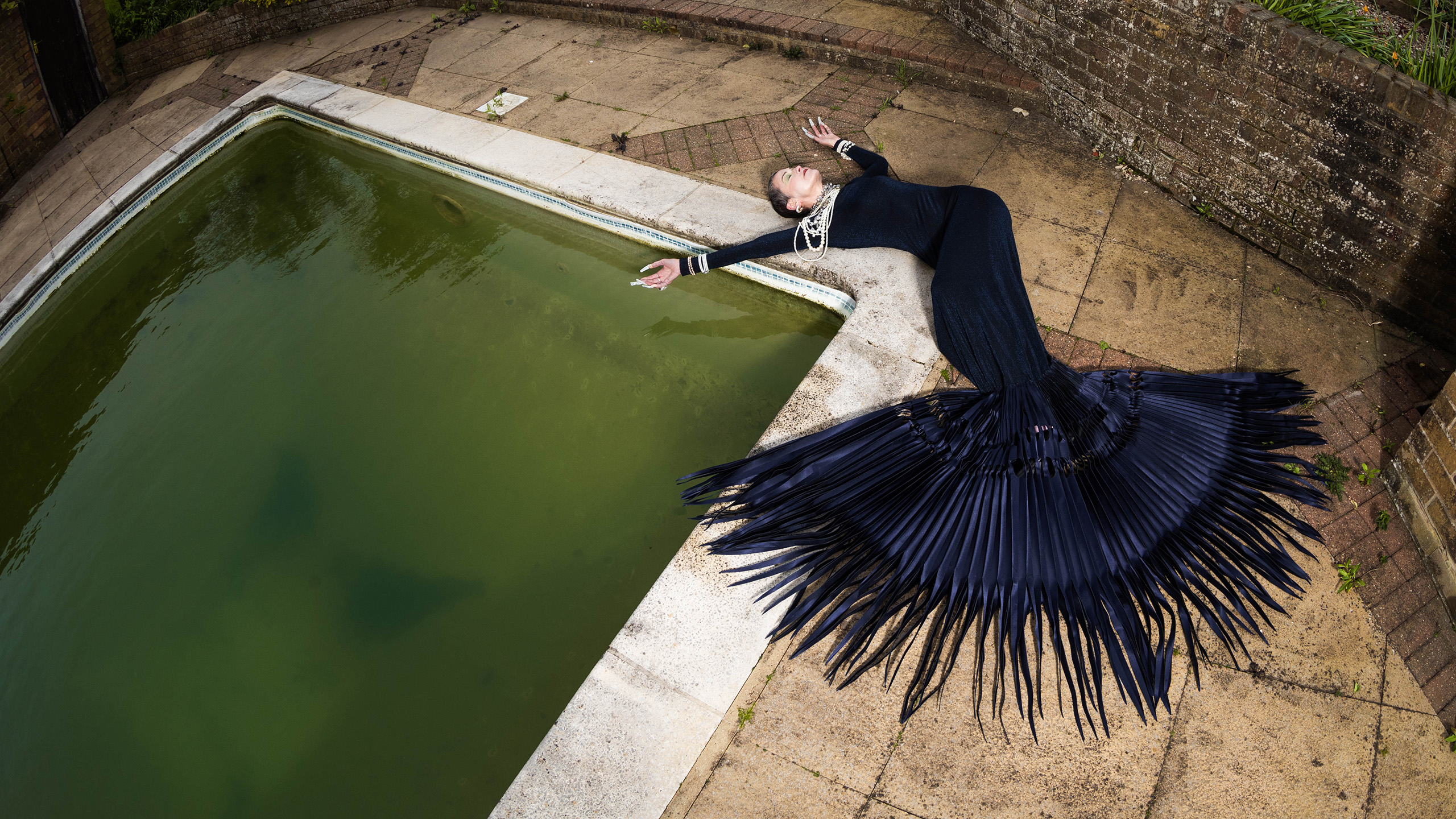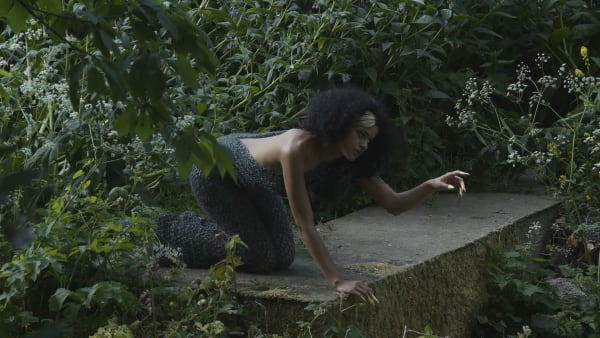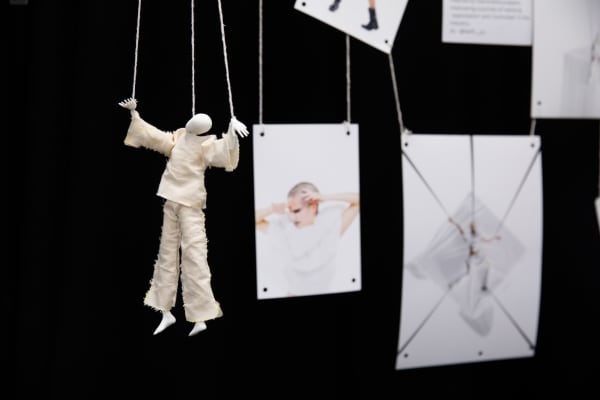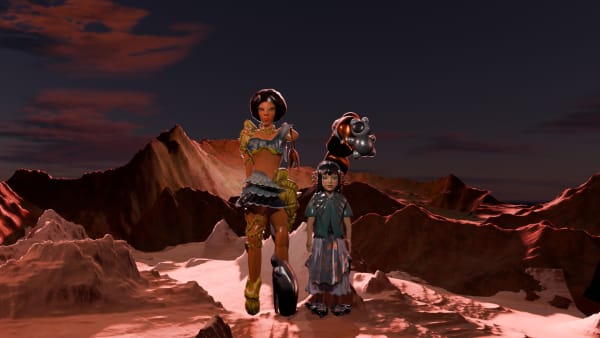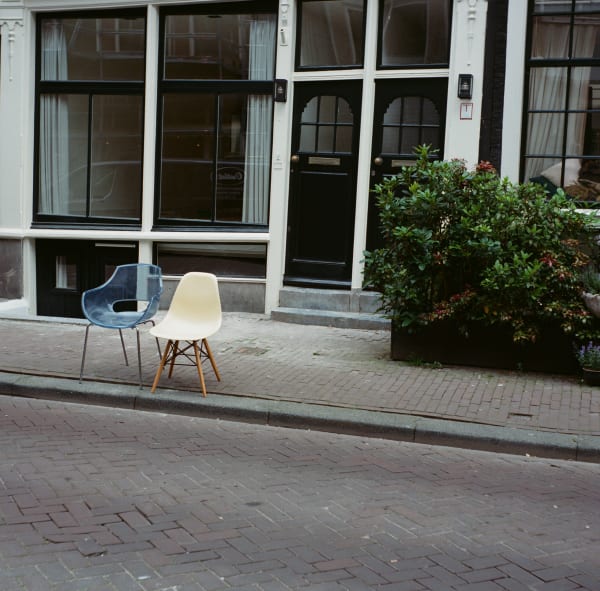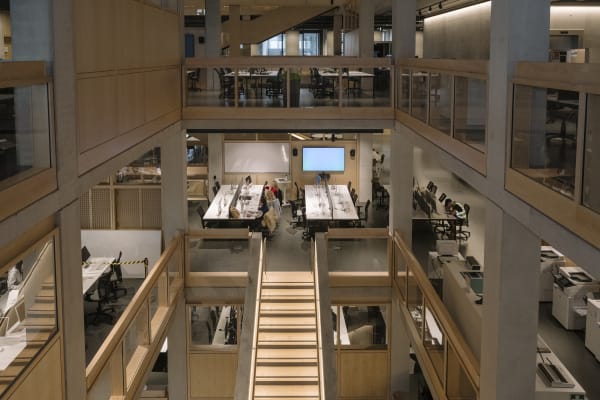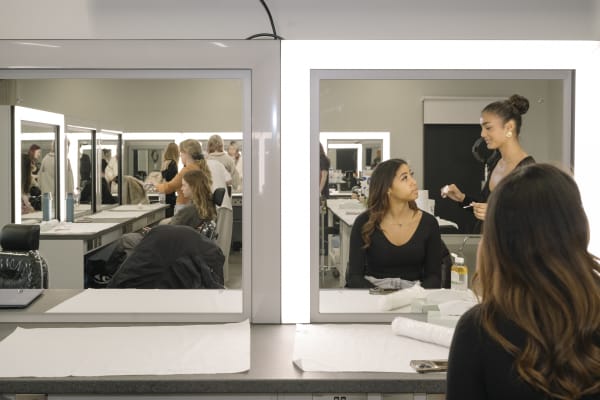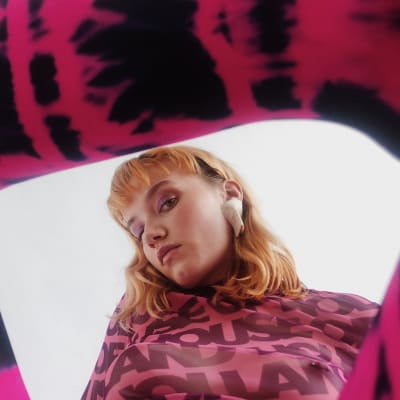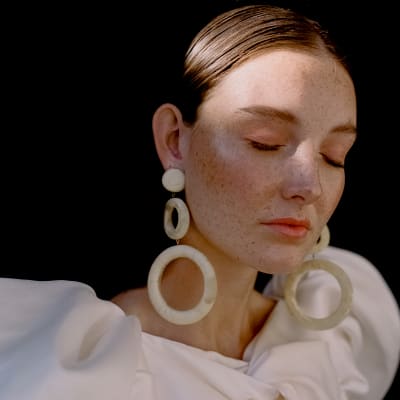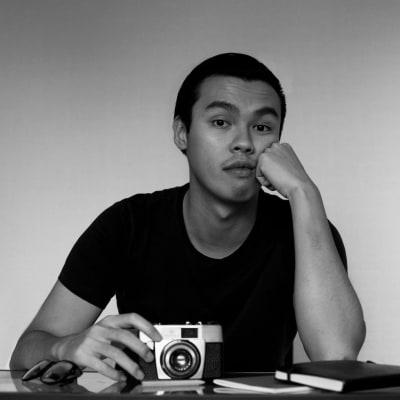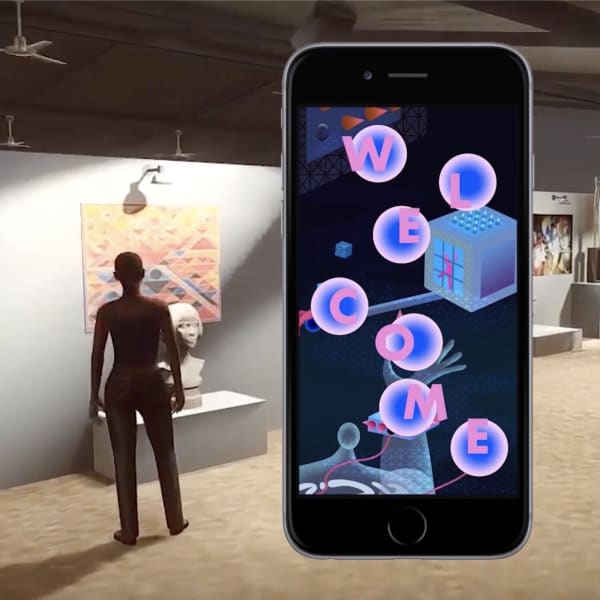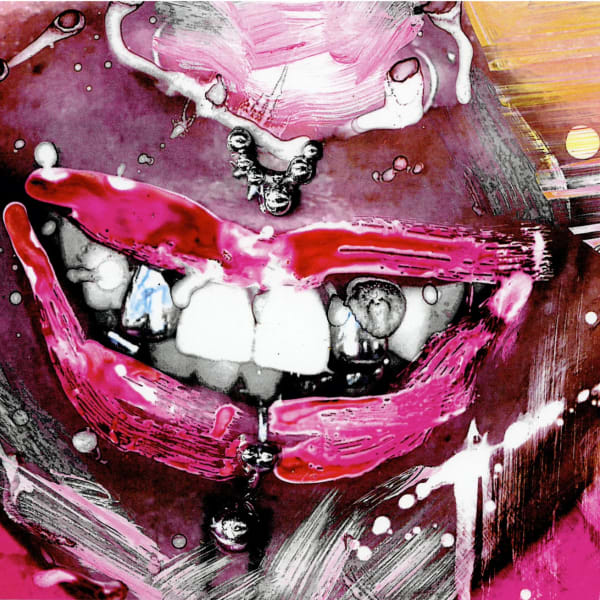Course units
In Stage 1 you are required to complete 120 credits at level 4 in order to progress to Stage 2.
- Introduction to Fashion Media; 20 credits
In this unit, you will be introduced to your course, its subject specialism and effective learning at undergraduate level. You’ll learn the practices and knowledge base needed to understand your discipline and develop skills for independent & collaborative learning, reflection, and your own self-development. You’ll also consider your own background and how it shapes your approach to BA (Hons) Fashion Photography.
- Capturing Fashion; 40 credits
You will explore the fundamental practice of photography and its various dimensions as the foundation for fashion image practice. Underpinned by the UAL climate, social, and racial justice principles, you’ll explore the role of the fashion photographer and image maker in culturally diverse and ethical contexts. You will also consider visual codes and conventions, genres, key practitioners and movements, professional practice, and employability.
- Fashion Moving Image Production; 40 credits
In this unit, you’ll take a specific role relevant to your subject discipline (director, director of photography, key gaffer, editor, colourist, amongst others) and work as part of a collaborative, cross-programme team to create a socially-engaged fashion film production. You’ll learn the tools, processes, and roles required for successful moving image practice and how to communicate impactful fashion narratives through visual storytelling.
- Fashion Cultures and Histories; 20 credits
You’ll take a philosophical and theoretical approach to the study of fashion and its role in representing and communicating identity. Understand key ways of thinking about fashion across its cultural, historical, social and political contexts. Engage in debate and analysis of fashion as a key marker of social and cultural change and a means of understanding the relationship between individuals and communities.
In Stage 2 you are required to complete 120 credits at level 5 in order to progress to Stage 3.
- Critical Issues in Fashion Research; 20 credits
Expand your critical understanding of fashion in a global context and examine emerging debates in fashion research. You’ll engage in collaborative research around current and emerging cultural issues and be guided through approaches to researching and writing about fashion across its social, historical, political and cultural contexts, building on the first-year unit Fashion Cultures and Histories. During this unit, you’ll develop your own independent research path and interests.
- Post-Capture; 40 credits
This unit explores the impact of technology on the practice of fashion image making. It will enhance traditional stills and moving image processes with post-production techniques, allowing you to create an original, speculative fashion image campaign with contemporary platforms and audiences in mind. You will experiment with emergent media technologies; gain an advanced level of technical knowledge in still and moving image; and understand the challenges fashion photographers encounter in a commercial photographic context.
- Collaborative Practice – Fashion Spreads; 40 credits
Explore how the editorial format has been articulated in historical and contemporary contexts and create contemporary fashion stories in response to climate, racial and social justice principles. Through teamwork, collective enterprise and cooperation you will apply your fashion photography skills across the editorial space and understand relevant career prospects. You’ll also explore the relationship between fashion content and audience.
- Elective Option 1: Creative Directions; 20 credits
In this unit, you’ll critically reflect upon your developing practice in the course so far and map your creative directions moving forward. You will think about the interplay between your imaging and fashion image making in academic and industry contexts to consider potential audiences and develop your portfolio and network. You’ll also consider the value of assets, content creation, curation, editing, art direction, and networks in relation to your discipline.
- Elective option 2: Fashion Media Placement; 20 credits
Embrace the opportunity to develop your professional skills within an industry environment. On your placement, you’ll experience the pace, atmosphere and discipline of working in the industry and gain practical experience of its roles, functions and operations. There is lots of support to help you find a placement available via our Graduate Futures Placement Team.
Optional Diploma Year
CCI Creative Computing
Between years 2 and 3, you can undertake the year-long Diploma in Creative Computing. This will develop your skills in creative computing alongside your degree. After successfully completing the diploma and your undergraduate degree, you’ll graduate with an enhanced degree: BA (Hons) Fashion Photography (with Creative Computing).
Industry DIPS
This optional diploma can be taken between years 2 and 3. With support from your tutors, you’ll undertake an industry placement for a minimum of 100 days/20 weeks. As well as developing industry skills, you’ll gain an additional qualification upon successful completion.
Enterprise DIPS
This optional diploma can be taken between years 2 and 3. With support from your tutors, you’ll undertake an enterprise placement year where you will explore a business idea from proposal to minimal viable product (MVP). As well as developing enterprise skills, you’ll gain an additional qualification upon successful completion.
CCI Apple Diploma
Between years 2 and 3, you can undertake the year-long Diploma in Apple Development. This will give you an opportunity to become an accredited apple developer alongside your degree. After successfully completing the diploma and your undergraduate degree, you’ll graduate with an enhanced degree: BA (Hons) Creative Direction for Fashion (with Apple Development).
In Stage 3 you are required to complete 120 credits at level 6.
- Elective Option 1: Fashion Narratives: A Visual Study; 40 credits
Explore the interplay between research and practice by incorporating a chosen methodology with your existing creative practice. You will be introduced to a range of different research methods. Your chosen methodology will shape your creative practice and build your confidence in future visual work. Building upon previous learning from your Cultural and Historical Studies classes, you’ll produce a narrative-driven visual study comprising of a series of still images, as part of a visual and written essay.
- Elective Option 2: Creative Industries: Theories and Practices; 40 credits
Complete an independent research project and engage with industry professionals to learn about current debates and issues that shape and inform cultural production across media, communication and performance. You’ll be encouraged to respond to these debates in the form of an extended essay with supporting research materials. This unit will equip you with critical thinking, literacy and communication skills for both academic and professional contexts.
- Fashion, Employability, and Enterprise; 20 credits
In this unit, you’ll consider your future employment aspirations and be supported in researching the current employment landscape in relation to fashion image making. You’ll explore employment opportunities within academic and creative industries, considering the platform, audience, and context of your work. You’ll create a fashion enterprise toolkit which summarises your research, including the skills and resources required to orientate yourself towards your chosen direction.
- Fashion, Communities and Practice; 60 credits
In this unit, you’ll explore how fashion has the potential to empower and effect positive change. You’ll produce an experimental fashion media production that explores how your personal fashion-image making can engage with the principles of climate, racial and/or social justice. You will situate your personal creative practice within a community context that has resonance for you. You’ll have the opportunity to expand the parameters of your work through collaborations that facilitate experimentation, creative thinking, practical testing, and reflective problem solving.
A 20-credit unit is approximately equivalent to 200 hours of learning time, which includes a mixture of taught time, independent study and assessment.
